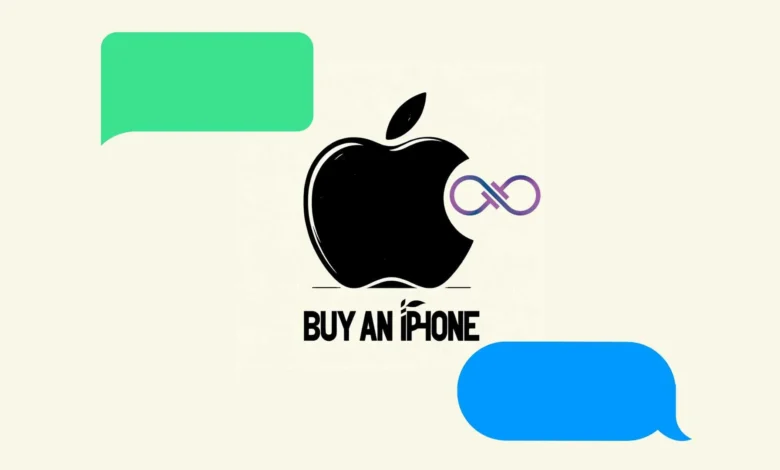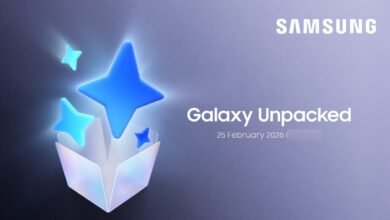
The recent surge in interest regarding the integration of Apple’s iMessage with Android phones has sparked considerable online debate and experimentation. This phenomenon is intriguing, particularly as it coincides with Apple’s announcement of its intent to support RCS Chats, a standard predominantly managed by Google. This move by Apple, one would assume, might diminish the demand for iMessage on Android devices. The rationale is that with RCS support, Android users will gain the ability to exchange high-quality images and videos seamlessly with Apple devices, addressing the core need of cross-platform messaging, rather than merely expanding access to a specific messaging platform.
Intriguingly, the conversations surrounding iMessage appears to be a uniquely American obsession. As an African, an iPhone user, and someone with numerous acquaintances who use iPhones, I’ve observed that iMessage is not a significant part of our digital communication. In our context, platforms like WhatsApp and Telegram are more prevalent, while the concept of RCS Chats on Android continues to baffle many. It’s this American fixation that seems to be fueling the debate over iMessage’s dominance, even to the extent of drawing attention from lawmakers who comment on the distinction between ‘blue’ and ‘green’ message bubbles.
It’s essential to dissect the argument surrounding these colored message bubbles. Suppose Apple decided to display Android messages as ‘Blue Bubbles’ without actually supporting RCS. Would that satisfy consumers? Unlikely. What people desire is the capability to send encrypted texts, images, and videos. Given that Apple has announced plans to implement exactly this feature in the upcoming year, one wonders why there is still a strong push for integrating iMessage with Android. Moreover, where does this desire end? Apple hasn’t compelled anyone to purchase iPhones or to exclusively use iMessage. Indeed, iPhone users can install a variety of communication apps, some of which may offer superior security and functionality compared to iMessage.
The entire debate seems perplexing. I concur with the viewpoint that those who desire iMessage should consider purchasing an iPhone. For Android users, awaiting Apple’s implementation of RCS support seems like a more sensible approach for improved communication with iPhone users. Until then, alternative messaging applications can bridge the gap. Missing out on a friend’s group chat temporarily is a minor inconvenience that will likely be resolved by next year. Arguably, advocating for broader service interoperability is a more significant issue than insisting on adapting one app for another platform. Furthermore, the ethics of “reverse-engineering” a communication app and charging for its use, thereby profiting from another company’s work, deserves scrutiny and honest discussion.






